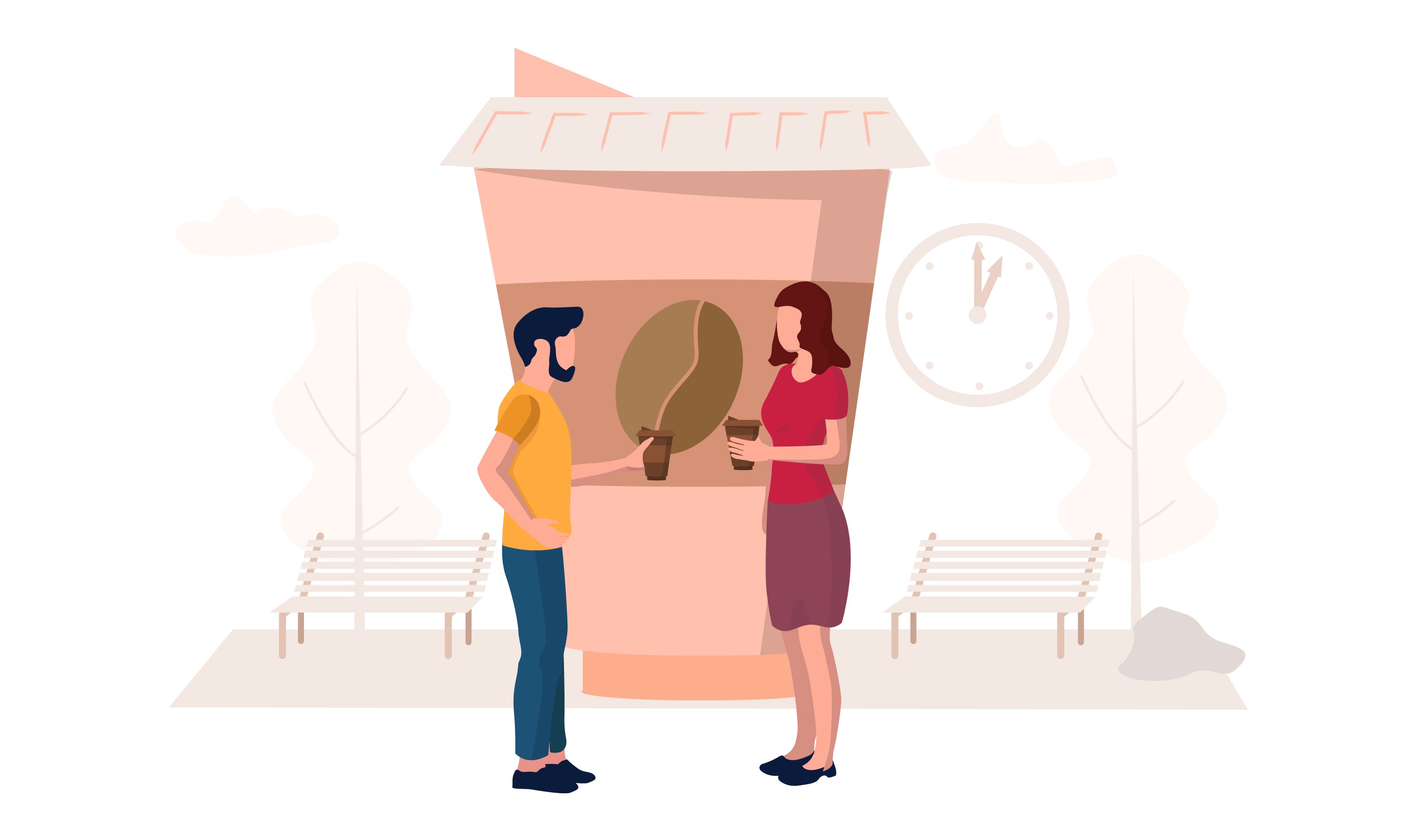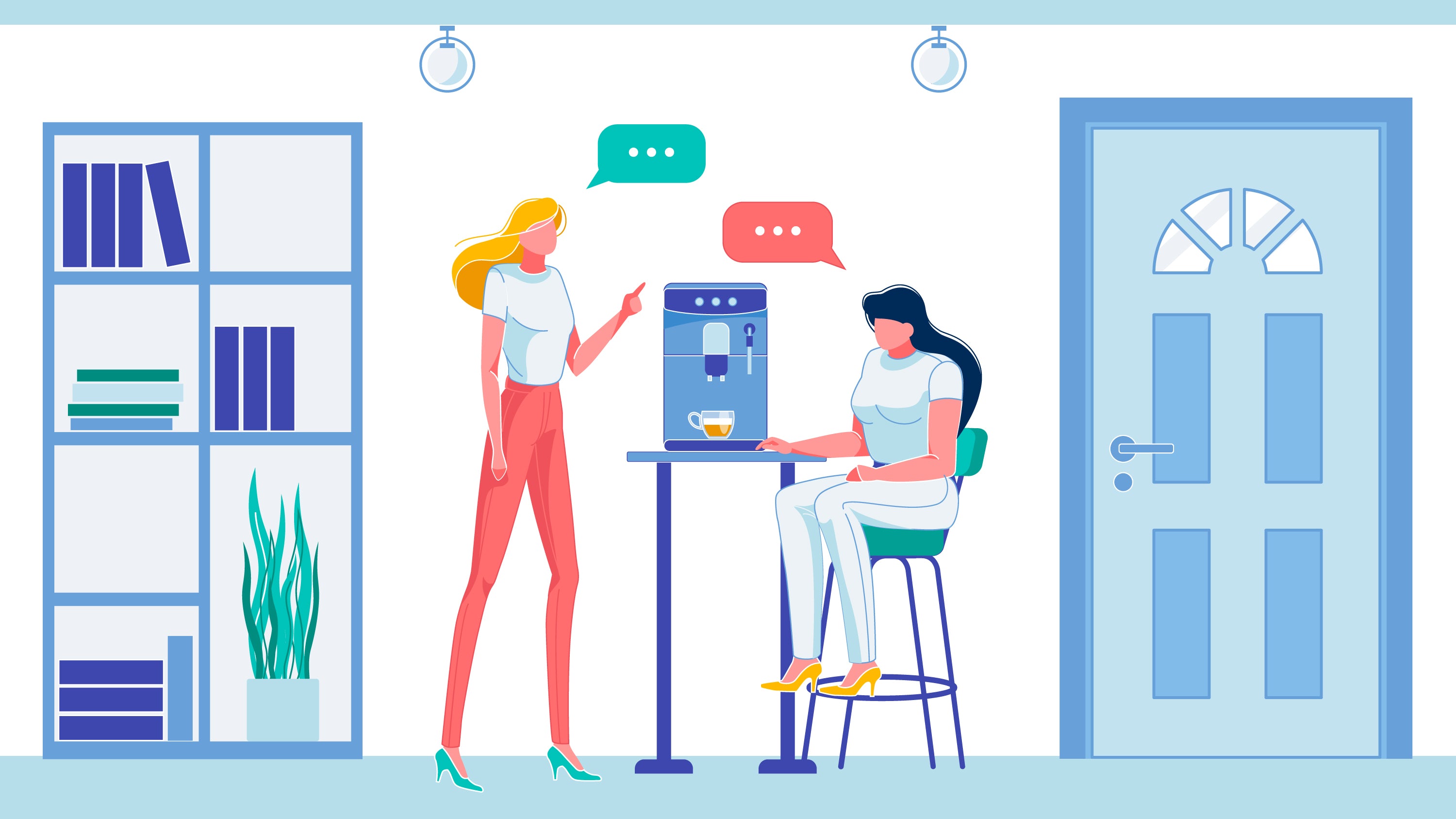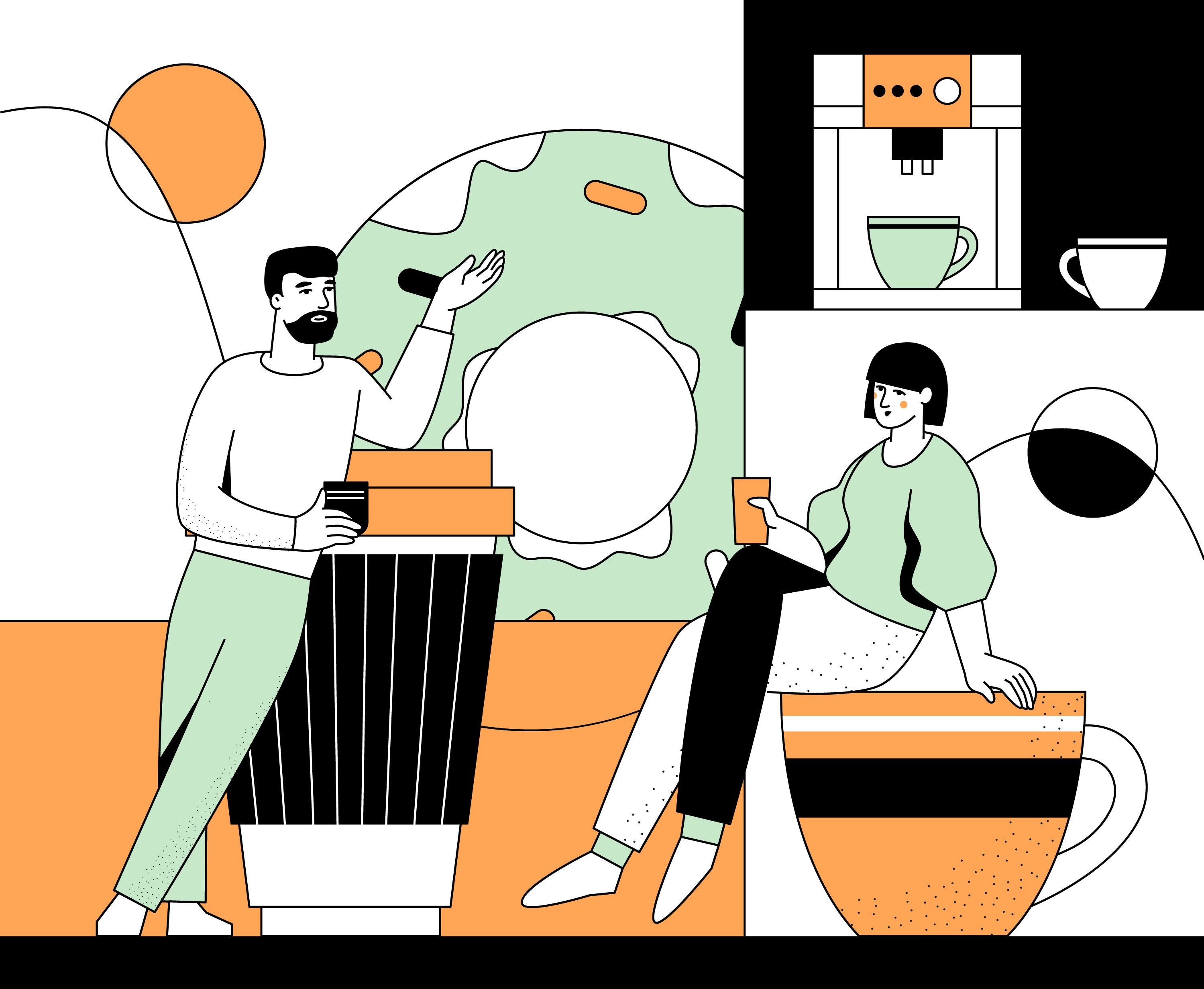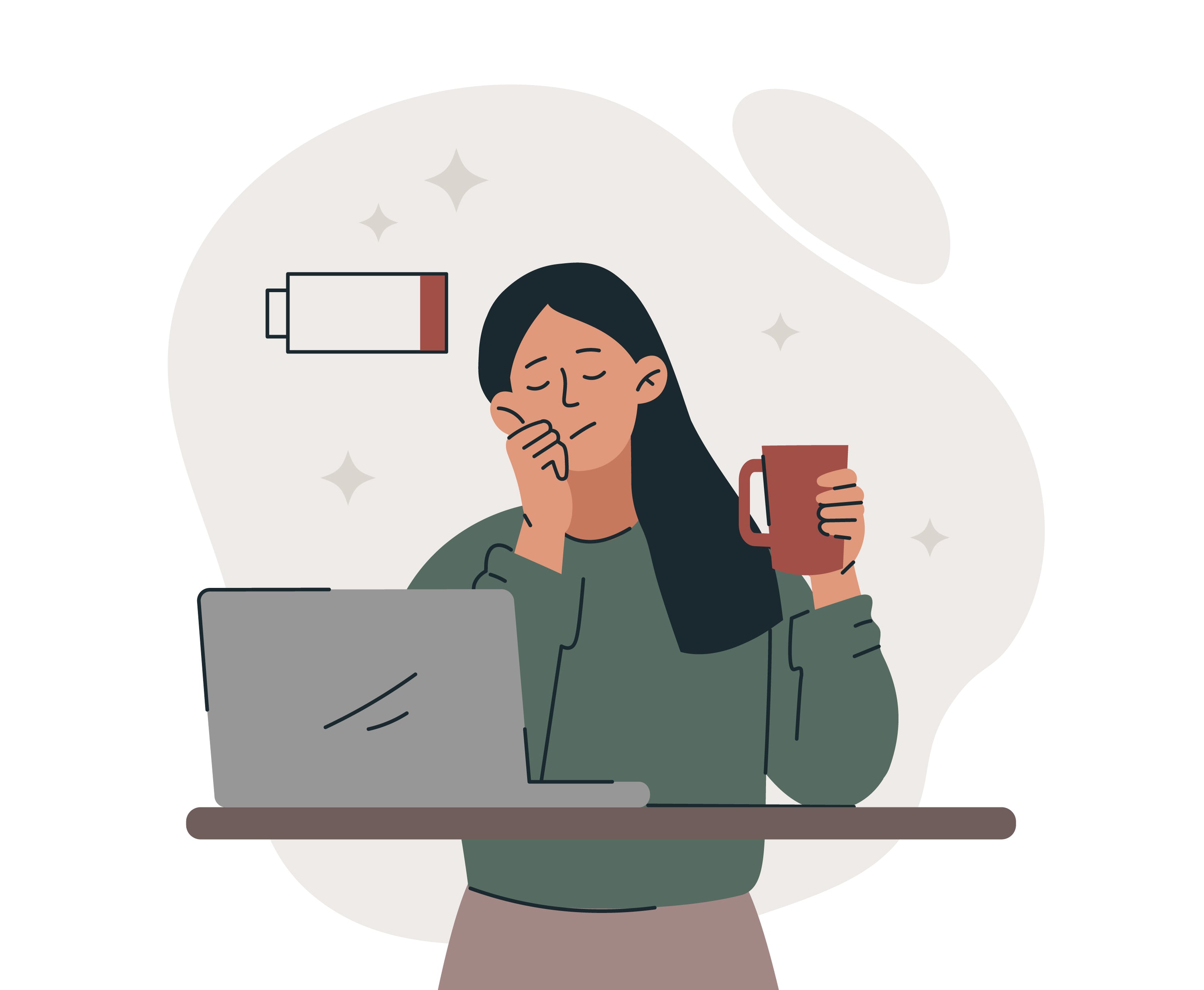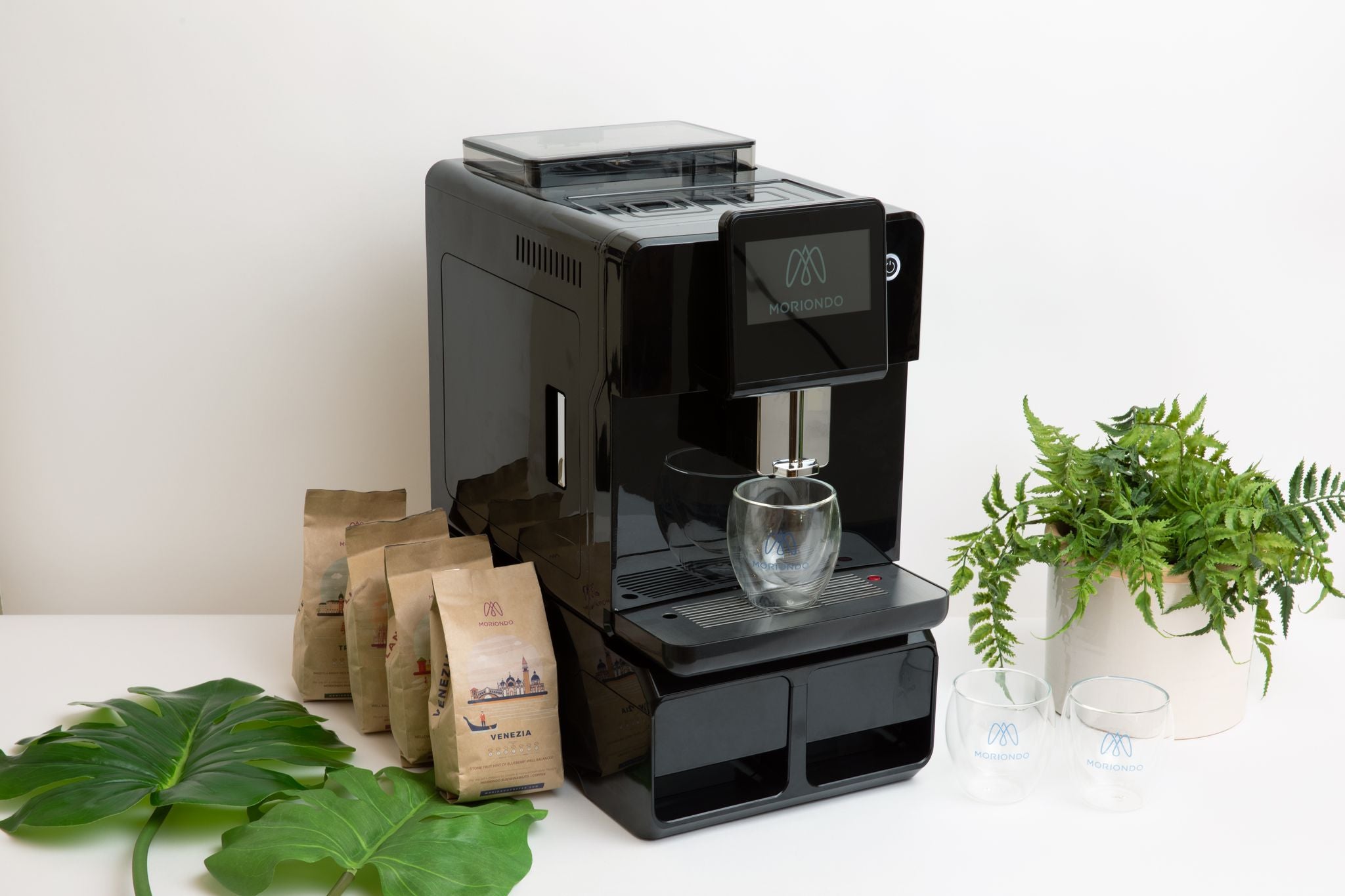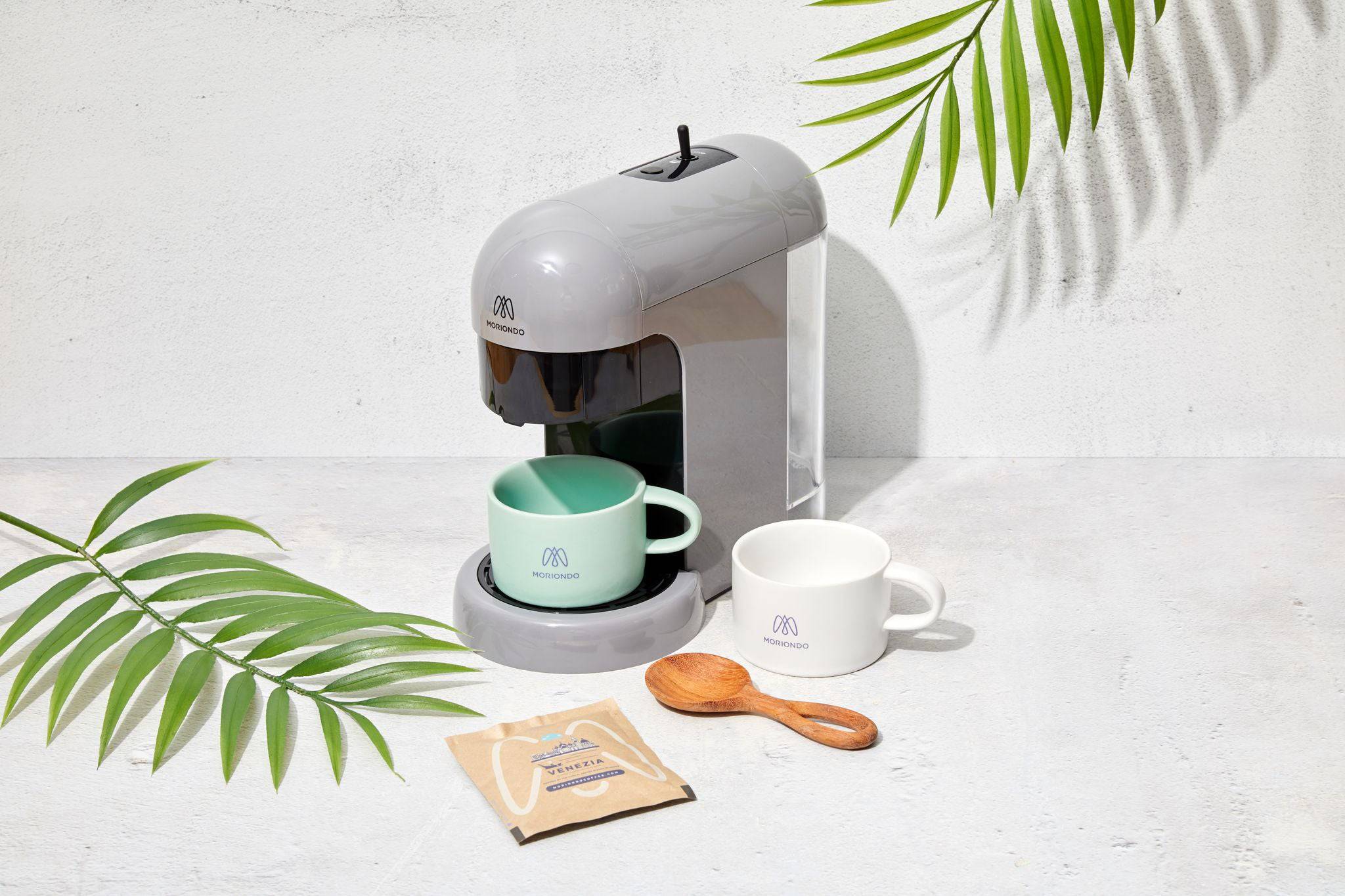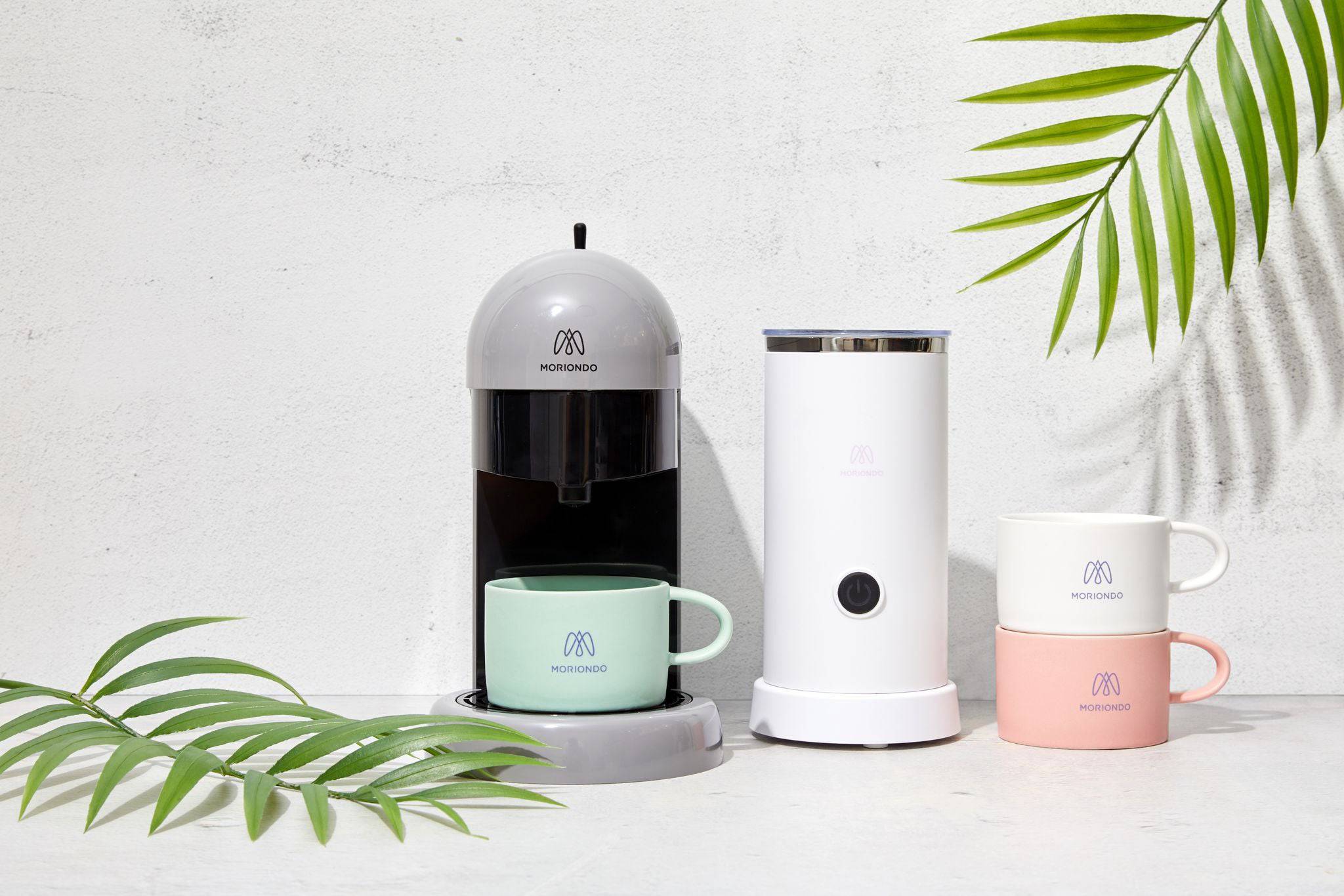Why Does Coffee Make me Sleepy
Table of Contents
- What is coffee?
- History of coffee
- Why does caffeine make me tired?
- Drinking coffee can cause stress
- Coffee can block adenosine
- You can build up a caffeine tolerance
- Coffee can affect blood glucose levels
- Coffee can cause you to pee more
- Caffeine can increase blood pressure
- Possible contamination
- You may experience a sugar crash
- Caffeine wears off
- People that drink coffee may have caffeine withdrawal
- You’re drinking cheap coffee
- Caffeine can cause overthinking
- You’re too energized in the evening
Ever have those days where you wake up in a morning and instantly feel exhausted, even though you’ve literally just woken up?
If so, to wake up properly, what do you do? If you’re like millions of other people around the world, you probably reach for caffeinated drinks, or start drinking coffee nice and early.
Despite the fact that coffee is one of the most delicious, caffeinated beverages on the market today, one of the main reasons why people start to drink coffee nice and early is so that they can wake up.
Coffee is not only one of the tastiest caffeinated beverages, it’s also a very useful tool for helping to perk you up, due to the stimulating effects that the caffeine provides.
When people increase their caffeine intake, it can give them a temporary boost in physical energy and mental alertness by stimulating the central nervous system.
Once the caffeine wears off however, coffee can ironically make you feel tired and sleepy, similar to a sugar crash. But why does upping your caffeine intake and drinking coffee cause you to feel tired?
What is coffee?
We’ll look at why coffee makes you feel tired a little later on, but first, we need to look at exactly what the stimulating brewed beverage actually is.
If you like a cup of coffee in the morning, or at any other time, rest assured that you aren’t the only one. Each day there are more than two billion cups of coffee consumed around the world.
Considering the popularity of coffee shops and cafes, this isn’t really surprising.
We know what a cup of coffee looks and tastes like, but do we know exactly what coffee beverages are? If not, you will shortly, so sit tight.
Coffee beans are actually berries harvested from coffea plants. Along the branches coffee “cherries” grow. They take around a year to mature.
The beans are the seeds from within the fruit. The coffee beans are harvested, processed, and roasted to be used as delicious brewed coffee in a whole manner of different ways.
History of coffee

If you want an early morning pick me up, a cup of freshly brewed coffee is certainly a great way to go about this. We know the taste and aroma of coffee, but how did we discover coffee initially?
Here’s a look at how your early morning cup of Joe was first discovered.
Coffee can be traced back centuries upon centuries, all the way to Ethiopia of all places. The story goes that a goat herder noticed strange behaviour in his goats after they ate the fruits from a unique tree.
After eating these small green berries, his goats seemed to be full of energy and would not rest like they should normally. After reporting his findings, the locals decided to make a brew with these berries and drink it.
It was discovered that the drink kept people awake and gave them energy and helped them focus. Word quickly spread and soon, the rest of Africa had heard of this miracle elixir, before the drink made its way to other continents.
We know it’s because of the caffeine now, but back then they had no idea.
Why does caffeine make me tired?
First and foremost, it isn’t coffee that makes you tired, it’s the caffeine in the coffee beans.
Drinking too much coffee in one day can be dangerous as too much caffeine can cause numerous side effects including caffeine withdrawal symptoms, blood glucose spikes, unstable blood glucose levels, dry mouth, and much more.
For the purpose of today’s article, though, we’re looking at how the body processes coffee, and why caffeine can make you tired and struggle to stay awake.
Drinking coffee can cause stress

If you like to drink coffee and you suffer with stress, you may wish to cut back. You see, coffee stimulates stress hormones such as cortisol.
Cortisol is a stress hormone that the body produces when stressed. It puts the body on edge and causes you to feel alert and stimulated.
The reason this makes you tired is because at night, elevated cortisol from the caffeine in coffee can make it hard for you to sleep. Without enough sleep, the next day you’ll feel tired and sleepy, especially as the caffeine is no longer effective.
Coffee can block adenosine
Adenosine is a naturally produced molecule in your body that is affected by caffeine in coffee, energy drinks, and other beverages.
Normally, adenosine makes you feel sleepy, yet when you drink caffeine, it can bind to adenosine receptors to make you feel more alert. The problem is that once the caffeine crash hits you and the caffeine stops working from your adenosine receptors, you experience a build up of adenosine.
Now, as your adenosine receptors are free of the caffeine, the excess levels of this molecule in your body can leave you feeling tired. Drinking more coffee, or coffee flavoured drinks with caffeine in may help by binding to adenosine receptors once more, but this is only temporary and you’ll soon feel more fatigued than ever.
You can build up a caffeine tolerance
Another reason why coffee consumption can make you sleepy is because as your coffee consumption increases, you begin to build up a caffeine tolerance.
You’d think that coffee would do the opposite to make you sleepy but you can build up a natural tolerance to caffeine over time.
The more caffeine you drink, the more of a caffeine tolerance you will build up, which will render the stimulant less effective.
Coffee can affect blood glucose levels
If you regularly consume coffee you are naturally drinking caffeine each day, which could cause unstable blood sugar levels.
The reason your blood sugar levels become unstable is because of how your body processes sugar. Consuming caffeine and sugar can cause insulin spikes which lead to unstable blood sugar levels.
Coffee can cause you to pee more
Caffeine is a diuretic, which means that it causes the body to excrete more fluids than it takes in.
The reason coffee makes you tired is because it makes you pee more. Needing to pee in the night means that you wake up regularly and that you may struggle to get to sleep. Not only that, but your energy levels will also dip because your sleep was disturbed.
Try switching to decaf coffee, or just drink less caffeine.
Caffeine can increase blood pressure
When you consume caffeine, it causes your heart to beat faster which can affect blood flow and cause your blood pressure to increase.
Having fluctuations in your blood pressure levels can result in difficulty sleeping which can make you feel tired the next day due to a lack of sleep.
Possible contamination
It may sound gross, especially if you’ve watched HBO’s latest show ‘The Last of Us’ but another reason why coffee could make you feel sleepy is due to mycotoxin contamination from mould.
Studies have shown a link between fatigue and mycotoxin consumption. Even though the amounts of quite safe, sleepiness could be a side effect, meaning coffee has the opposite effect as what you may have hoped for.
You may experience a sugar crash
If you have coffee daily and feel tired, it could be because of a sugar crash.
If you consume too much sugar in your coffee, as the sugar wears off after the sugar rush it can lead to a sugar crash.
Sure, coffee blocks tiredness for a while, but a sugar crash can drain your energy and leave you feeling tired and sleepy, yet unable to sleep.
If you drink coffee daily, you may wish to use less sugar in your morning cup of coffee. This will also help stabilize blood glucose levels.
Caffeine wears off
No matter how alert coffee may make you feel, as caffeine wears off it can cause you to once again feel tired and sleepy.
People that drink coffee may have caffeine withdrawal
Caffeine withdrawal symptoms kick in when your body starts to build up a caffeine tolerance and craves the stimulant.
Side effects of caffeine withdrawal include headaches, anxiety, the shakes, high blood pressure, tiredness, irritability, trouble sleeping, and more.
You’re drinking cheap coffee
If you drink cheap coffee, chances are it is full of ingredients that your body won’t agree with, which could cause you to suffer with insomnia and trouble sleeping at night.
If you regularly consume caffeine from cheap coffee, you may wish to limit your caffeine consumption and go with a better quality coffee.
Caffeine can cause overthinking
Caffeine can put your brain in overdrive and cause disruptions to your sleep wake cycle due to overthinking because your brain can’t switch off at night when you have a caffeine crash.
You’re too energized in the evening
Finally, the last reason why coffee and caffeine can cause you to feel sleepy is because they make you too energized in the evening, meaning you go to bed full of energy, and struggle to sleep.
The next day you’ll wake up tired and the cycle will repeat again.
Good Tasting Coffee: How to Identify Coffee Flavors

In order to appreciate the different types of coffee available, it's important to cultivate an awareness of its unique characteristics. Let's take a look at the way coffee connoisseurs judge different cups of coffee.
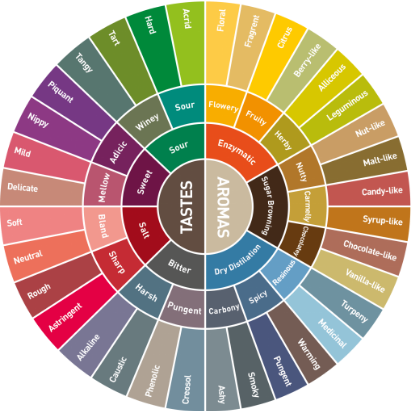
Aroma
The scent of a cup of coffee has a direct influence on how we perceive its flavor. As you drink coffee try to notice if the scent is smoky, fruity, earthy, spicy, nutty or grassy.
Acidity
One of the most defining characteristics of a cup of coffee is its acidity. This is the sharp, bright tangy quality of coffee that perks up our senses. Coffee doesn’t necessarily contain just one type of acid, either. It may contain citric acid, malic acid (fruity in flavor) or even quinic acid from stale coffee, which gives us stomach aches.
Body
This is the weight, thickness and texture of coffee in your mouth. The body of different types of coffee falls on a spectrum of light- to full-bodied viscosity (thin to thick).
Flavor
This is where comparisons come in handy and there is some overlap between aroma and flavor. Your coffee might taste bitter, sweet, savory or sour with common comparisons to chocolate, wine or fruit.
Related Posts
